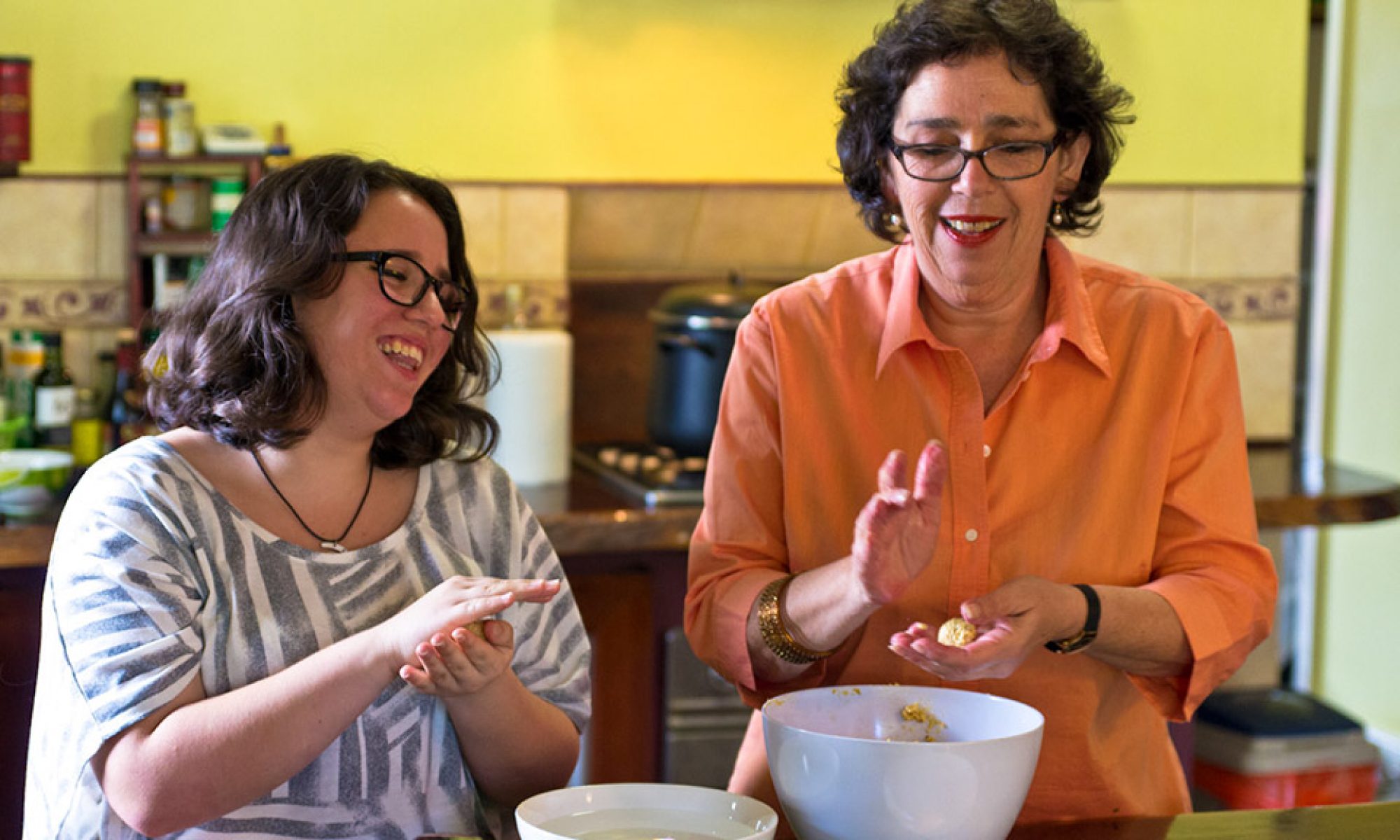I recently sat on a panel dedicated to the discussion of food sovereignty – a fancy title for a discussion of the ways we Australians might have more say in deciding what we eat, where our food comes from and how it is produced. Yes, it was a slow food event.
What stuck in this member of the chattering class’s mind was a comment from a senior National Party MP on the panel. Though he was a charming and sincere gentleman, we certainly parted ways on a couple of issues. My suggestion that we take responsibility for those less fortunate, that is, those who don’t have enough to eat, being dismissed with the comment that “We’ll always have the haves and have not’s”. Should we accept malnutrition because it has had such a long and distinguished tradition?
Then there’s the role of women. The gentleman referred to a phenomenon I must confess I hadn’t heard of, he talked of the “Wednesday” shop, which he compared with the weekend shop. It went something like this:
“Well it’s been well documented the way in which women do a hasty shop on Wednesdays and then do their ‘proper’ shopping on the weekends”.
He then went on to explain the bleeding obvious – that harassed Mum’s on their way home from work will tend to buy rather more prepared foods than on the weekend, when they are more likely to shop and cook from scratch. Should we overlook his clear understanding that shopping and cooking is the women’s domain – no matter if she also works fulltime? Perhaps we’ll deal with that one later.
I’m more interested in his acknowledgement of the distinction between the fast shopping that takes place on weekdays and the slow shopping we women do on the weekends. While I’m the first to acknowledge that I’m more willing to do the food shopping than my male partner, and better at it, I’m less thrilled with the notion of shopping as leisure.
Shopping for clothes, shoes and accessories, at least for myself, is something I consider to be a leisure activity because I do it during the time which I consider to be leisure time. I’m sure you women know what I mean here, the weekend, that time when we are supposed to enjoy not being at work. This leisure time we spend driving our children everywhere, cleaning our houses, cooking, shopping and doing the laundry.
So what should I do with the remaining hours of the weekend? Would I rather go shopping or sit in the sun reading that weekend paper that takes a week to get through?
It’s quite a simple task, rescuing a few slow moments from my weekend. Slow shopping? Maybe this happens on holidays, but doesn’t that leave an awful lot of slow activity for those two-week breaks? So when did holidays suddenly become so fast?
Dr Felicity Newman is a member of the Centre for Everyday Life at Murdoch University

